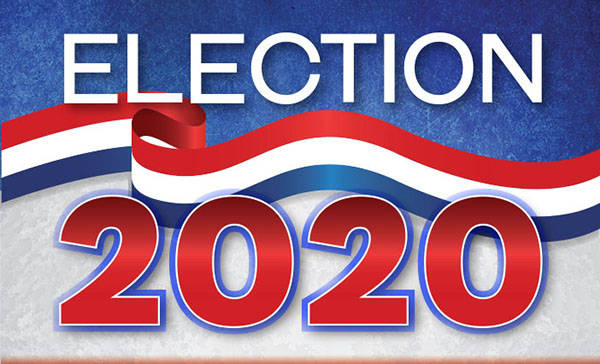
The Nevada Republican Party and Trump Campaign have filed an appeal to the Nevada Supreme Court following Monday’s ruling in Kraus v. Cegavske.
The state party claims that “Clark County’s low standard for its signature matching system,” puts the possibility of a “free, fair accountable and transparent election” at risk. Insisting that the system is “supposed to can only signature images greater than 200 dpi resolution,” the appeal claims Clark County has been scanning signature files at lower than the required resolution, “casting doubt on whether the system reads any signature accurately.”
The appeal cited a Las Vegas local news report that said a legally blind 79-year-old voter arrived to vote in person during early voting only to be told she had already voted by mail, with a verified signature. She “is surely not the only voter that will be disenfranchised and the appeal to the Supreme Court requests the ability to challenge mail ballots,” the appeal states.
“We cannot afford to have any more voters … disenfranchised by the process,” Nevada Republican Party Chairman Michael McDonald said. “The Nevada Republican Party and Trump Campaign are committed to a free and fair election, which is why we are taking this fight to the Nevada Supreme Court.”
The appeal is in response to a judge’s ruling that rejected a suit from the Trump campaign that sought to alter the counting of mail-in ballots in Clark County. The order released Monday denied an emergency petition filed by the Trump campaign, the Nevada Republican Party and a plaintiff named Fred Kraus.
The plaintiffs filed their lawsuit in Carson City District Court last week against Clark County Registrar Joe Gloria and Nevada Secretary of State Barbara Cegavske.
The plaintiffs alleged that observers were not able to fully watch Clark County’s ballot processing, that some steps compromised ballot secrecy and that the signature-checking software had a “low tolerance” that would lead to most signatures being accepted.
The suit called for an order to stop ballot-counting until their issues could be addressed.
The county argued that it was following all applicable law, which requires observers to stay in certain areas, and that the signature-checking system had no known problems.